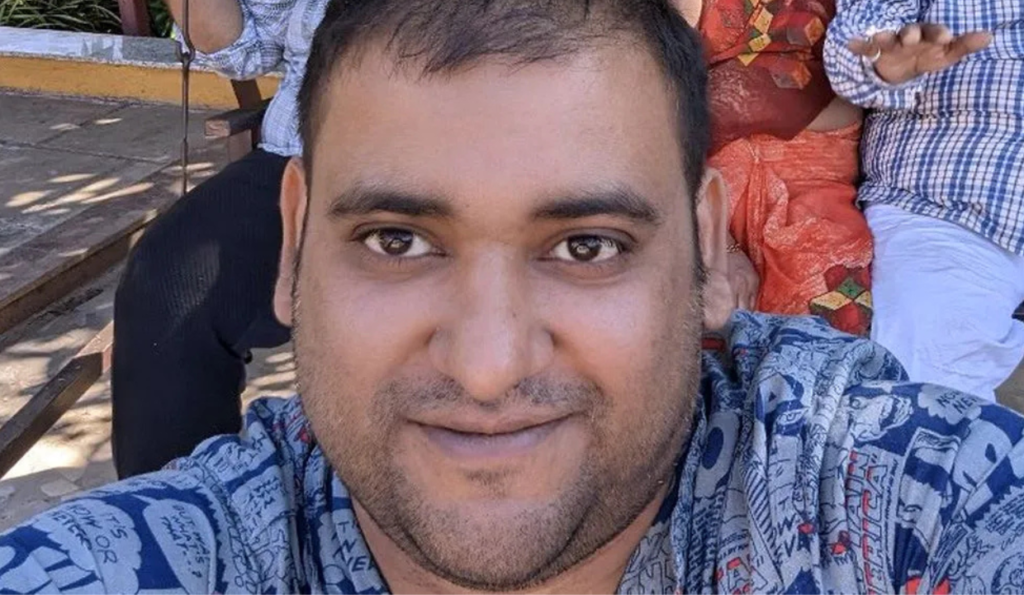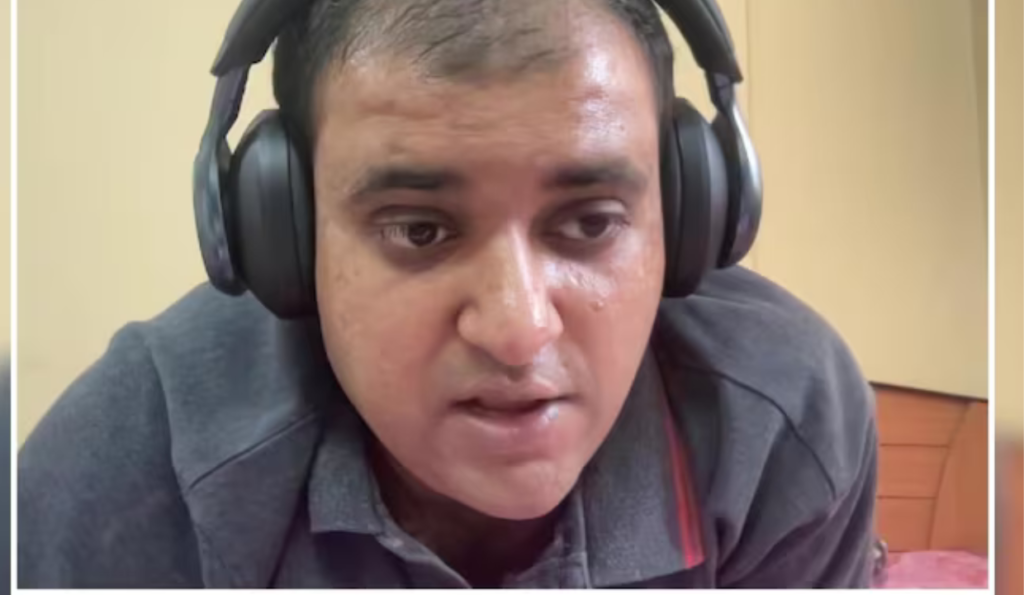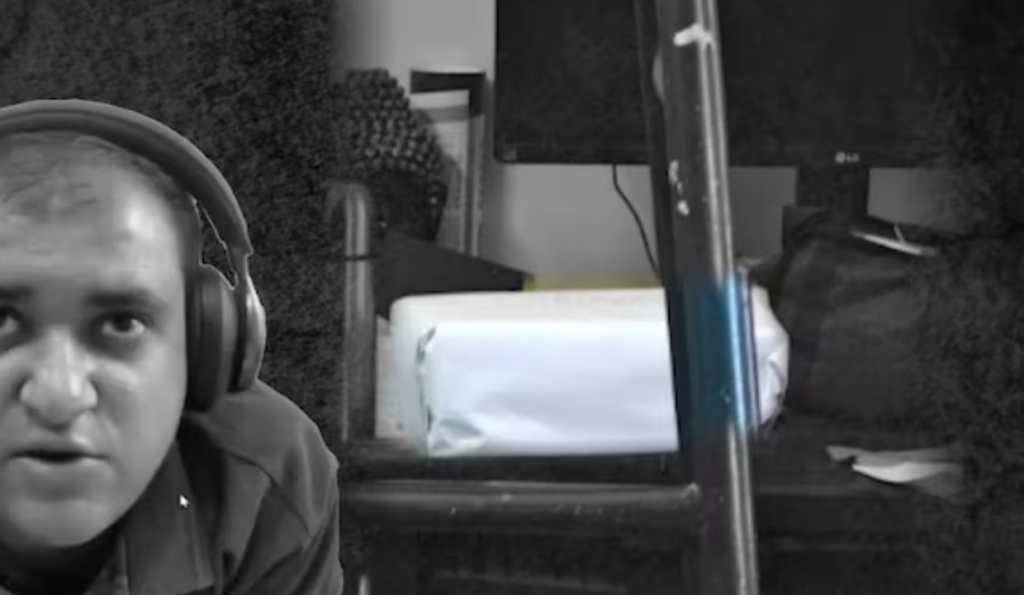“Atul Subhash Suicide Case: 8 Key Factors Supreme Court Considers for Alimony Decisions”
Atul Subhash married Nikita Singhania in 2019, and the two of them had a child together, according to the FIR. The complaint alleges that after their divorce, Nikita Singhania and her family falsely accused Atul Subhash and made him pay ₹3 crore to settle the matter.
At six a.m. on Monday, Bengaluru police received a report of a suicide at an apartment. It was found that the flat was locked from the inside. When the cops arrived, they discovered Atul Subhash hanging. They also found a 24-page letter written by Atul Subhash that read, “Justice is due,” on every page.In the note, Subhash said that his wife, her family, and even a family court judge in Jaunpur, Uttar Pradesh, had not heard his side of the story. He added that a court officer accepted a bribe in front of the judge. In nine cases, Atul said, his wife accused him of dowry demands, financial exploitation, sexual harassment, domestic violence, and murder. He described the events that, in his own words, resulted in his death.

Atul Subhash recorded a video detailing the alleged abuse and requested his family not to bury his ashes until justice was served.
He said that his four-year-old child had been kept away from him and that he had left a note asking for custody of the child to be given to his parents.The Marathahalli police lodged a case against four people, including Atul’s wife Nikita Singhania, after receiving a report from Atul’s brother Vikas Kumar.
During the lengthy dispute surrounding the suicide of Bengaluru computer specialist Atul Subhash, the Supreme Court developed an eight-point criteria for calculating alimony. Subhash supposedly committed himself as a result of his wife and in-laws abusing him financially.

Before his death, Atul recorded an 80-minute video in which he accused his estranged wife and her family of extortion and harassment. In a 24-page suicide letter, he also attacked the court system.
According to Live Law, a Supreme Court bench made up of Justices Vikram Nath and Prasanna B. Varale developed guidelines for determining the final alimony in a divorce case involving a Hindu spouse. The couple had been divorced for over two decades after getting married six years ago. The husband said the wife was overly sensitive and cut off from his family, while the woman accused him of abuse.
The unfortunate death of 34-year-old AI developer Atul Subhash sparked extensive social media discussion and prompted concerns about potential abuse of law provisions, particularly Section 498(A). The event reignited discussions about instances in which men and their families are allegedly wrongly implicated under this law.

Dinesh Mishra, Atul’s family court lawyer, countered that neither the judge nor the court was at fault, stating that Atul provided an honest account of his experiences with the legal system. Mishra clarified that the court’s ruling prevented Atul from committing suicide.
Mishra claims that Atul earned about ₹84,000 per month in Bengaluru. In July, the Jaunpur family court ordered Subhash to pay ₹40,000 a month in child support. The lawyer clarified that this amount was just meant for the child’s expenses and that there was no provision for the wife.
Atul might have felt that ₹40,000 was too much. If he thought that way, he should have appealed to the High Court,” the lawyer went on. Mishra claims that Atul had ₹44,000 left over for living expenses, including rent, for his family and himself. Because his wife was well established and made a good living, the court did not order her to pay support.
In Bengaluru, Atul earned about ₹84,000 per month, according to Mishra. In July, the Jaunpur family court ordered Subhash to pay ₹40,000 a month in child support. According to the lawyer, this amount was just meant for the child’s expenses and there was no provision for the wife.

Atul might have believed that ₹40,000 was too much. If that was his view, he should have appealed to the High Court,” the lawyer went on. Mishra claims that Atul had ₹44,000 left over for his personal living expenses, such as rent, as well as those of his family. Because his wife was well-established and had a good income, the court did not order her to pay support.
In the interim, Atul’s brother has pushed for legislative changes to prevent such incidents and underlined the need for suitable legal counsel for families in such situations. The Jaunpur family court heard Atul’s case in July 2024. Payment of child support was at issue in this case. The court mandated that Subhash pay ₹40,000 per month in child support.